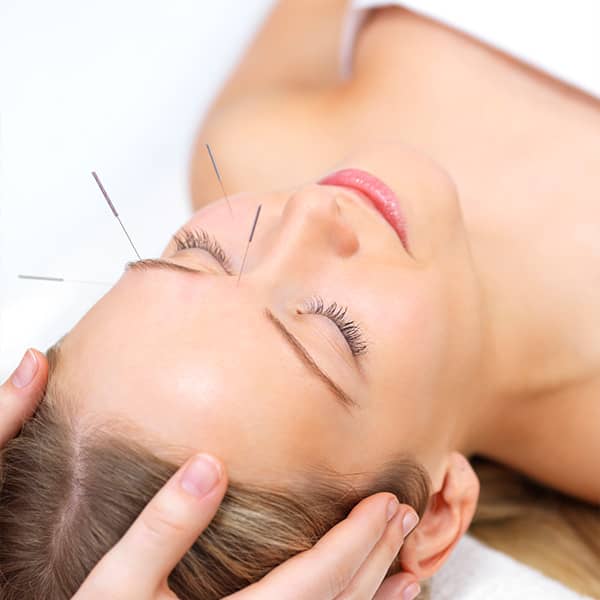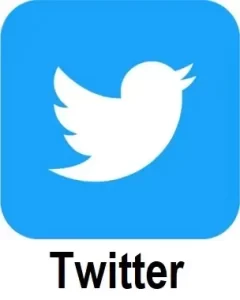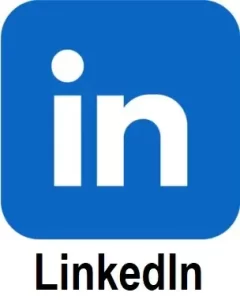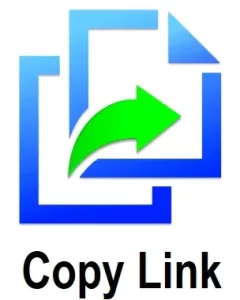Experience and Expertise: The Power of Learning in Acupuncture
Experience and expertise: the power of learning in Acupuncture
One of the joys of acupuncture, apart from having the opportunity to help patients to heal from whatever mental and/or physical condition they’re dealing with, is that no day is ever the same.

Sometimes the cases we treat are uncomplicated, other times they are complex health scenarios involving emotional or psychological factors that are intertwined with physiological symptoms.
One day you may be treating someone with hay fever, the next a female patient experiencing severe and debilitating symptoms that relate to a complex women’s health condition and the day after someone looking for respite from, say, invasive cancer treatment.
It’s this variety and the opportunity to make a real difference to people’s lives that makes each day so powerful.
But that variety also means there’s an ongoing need not only to stay on top of the knowledge and skills I learned over more than three and a half years of study when I first started training to be an acupuncturist, but also a responsibility to commit to continuous learning that expands and widens my expertise.
My college years covered many topics and subjects that gave me a comprehensive understanding and practical knowledge of the foundations of all physiological systems.
This meant we – my fellow students and I – were able to treat with confidence all those fairly common and ‘uncomplicated’ conditions that all of us in practice see on a daily basis.
After graduating, like many newly qualified therapists, I began to build a fairly busy general practice – and of course that meant I began to see a broader spectrum of patients suffering with a range of different conditions.
These included, among others, digestive issues, respiratory issues, and pain- and stress-related conditions.
But I also began to see many more women struggling with PMS, an absence of periods/irregular periods and painful periods.
This was an area in which I began to become increasingly interested, and I soon started to invest time and money in additional training and learning in order to be better able to help the patients I was seeing.
I guess news of the success I was having in helping patients get better began to spread, because it wasn’t long before I was being recommended to friends and family members and also receiving referrals from other healthcare doctors and therapists.
Inevitably, I began to encounter patients who were suffering from more ‘severe’ conditions, or with conditions that had very complicated pathophysiology.
These included PCOS, amenorrhoea, dysmenorrhoea, menorrhagia, severe symptoms of PMS and premenstrual dysphoric disorder, oestrogen dominance, menopause and fertility issues including miscarriage.
The reality is that women have better life expectancy than men (on average women live to 83 while men’s life expectancy is 69, according to the latest government figures available), but women spend a much greater proportion of their lives in ill-health than men do.
Again, drawing on government figures, the average woman in the UK will spend close to 20 years living in ill-health, compared to just under 16 years for men.
Not only that, but all women will also face the challenges of menopause at some point once they reach their mid-40s. At any given time, a third of all women in the UK are in menopause, dealing with all the symptoms that can bring – from hot flashes to night sweats, loss of libido and mood swings.
Two thirds of women in menopause who are working say their health has a negative impact on their career and nearly a third say the menopause means they are forced to take time off work.
And as life expectancy increases, the number of women in menopause will grow bigger, not smaller.
According to global data, there are acute issues around other areas of women’s health, with millions of women reporting at least one significant gynaecological condition each year. An estimated 10 per cent of women suffer with endometriosis and 20 per cent with uterine fibroids.
In America alone, according to the US Department of Health, 6.1 million women reported infertility, whilst ONS statistics here in the UK suggest that the number of fertility treatments carried out has nearly doubled, accounting for 21% of all births in 2017 versus 12.4% of births in 2004.
In short, women’s health is a big factor in the global health map.
I already knew, of course, that acupuncture could be a powerful form of medicine to help these conditions – the opportunity to use acupuncture to offer practical help and healing was one of the reasons I abandoned my previous work in the haematology department at a London hospital.
But the knowledge I’d built up still seemed to lack the depth I really needed to make a real difference.
I realised that I needed to understand exactly what was going on both in terms of western biomedicine and in traditional Chinese medicine – and to do that I needed to really understand the aetiology and the disease process of these conditions.
I therefore took the decision to invest further in expanding my studies so I could be much more effective in treating and helping my patients get better.
Over a relatively short period of time, I attended a number of post graduate courses specialising in women’s health and also in fertility.
I spent many, many hours researching and reading articles and papers written about topics relating to women’s health – and I still invest many, many hours of my time in this type of continuous professional development in order to stay totally up to date with current thinking and practice.
One of the challenges I faced in the past and continue to face now is that many of the articles or papers written are either from a western biomedical perspective or an eastern medical understanding.
Women’s health – and especially women’s endocrine health – is such a finely tuned orchestra of hormonal interplay that any level of imbalance results in disharmony that can, and often does, lead to illness.
Those who know me or follow my writing on the subject know that I believe we need to have a strong grasp on both schools of thought in order to treat these issues effectively.
We need to integrate our understanding to appreciate how hormones work together for good health when in balance and how they trigger the conditions I’ve already mentioned when they’re out of sync.
With this knowledge we can then make the most of our knowledge of traditional Chinese and use it in the most effective way to create and deliver effective treatment plans for our patients.
We also need to be able to understand and ‘speak’ the language of our biomedical counterparts, because I believe the future of healthcare is an integrative one and clear communication with both doctors and patients is crucial.
If we can get this collaboration right, then together we will help to bridge the gap between conventional healthcare, complementary healthcare and lifestyle factors.
That being the case, expanding our knowledge horizons, and ensuring we each invest properly in the training, courses and knowledge that contribute to our collective continuous professional development is an essential part of the future playbook for any self-respecting and reputable therapist.






